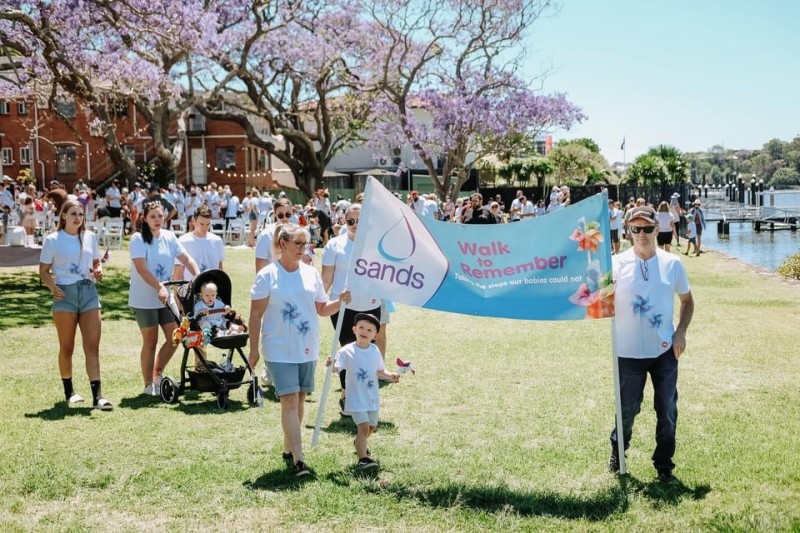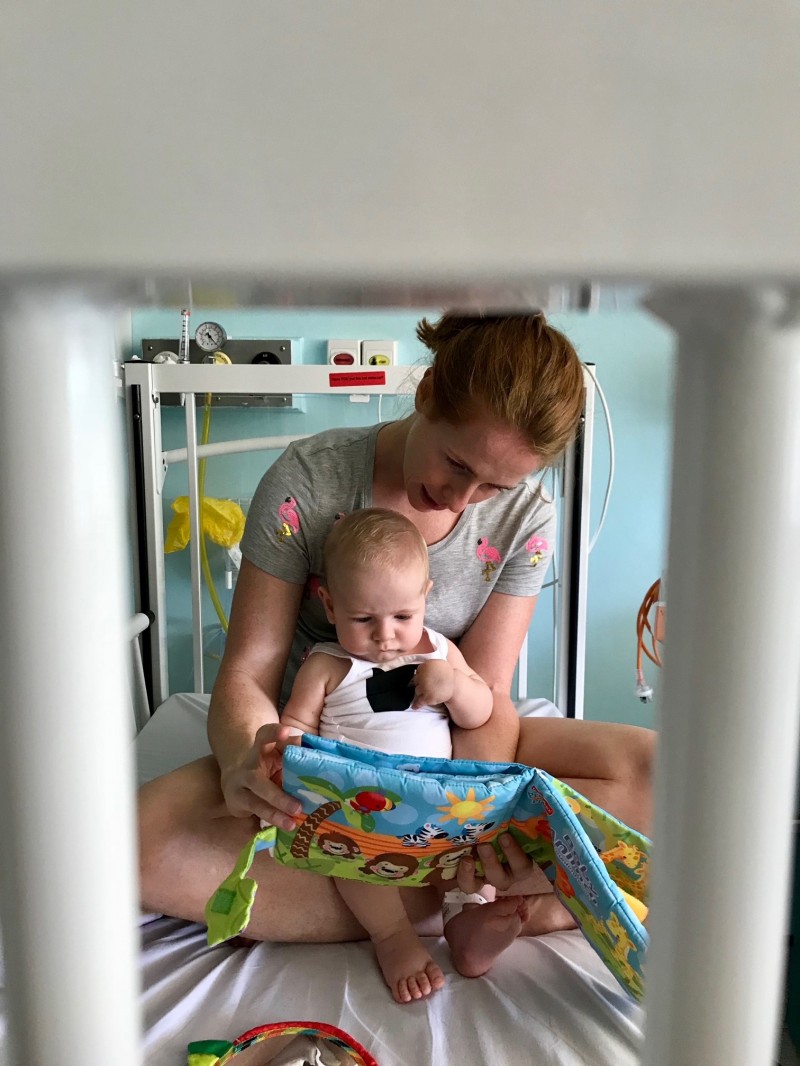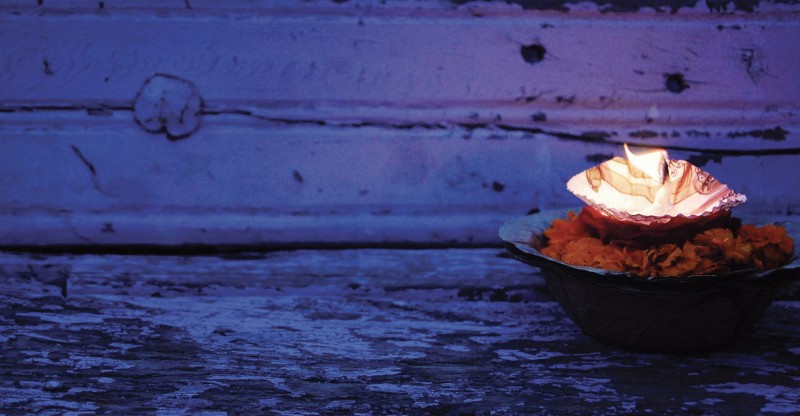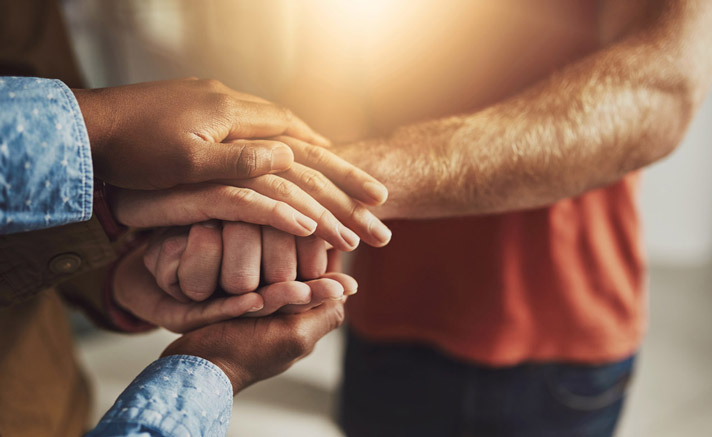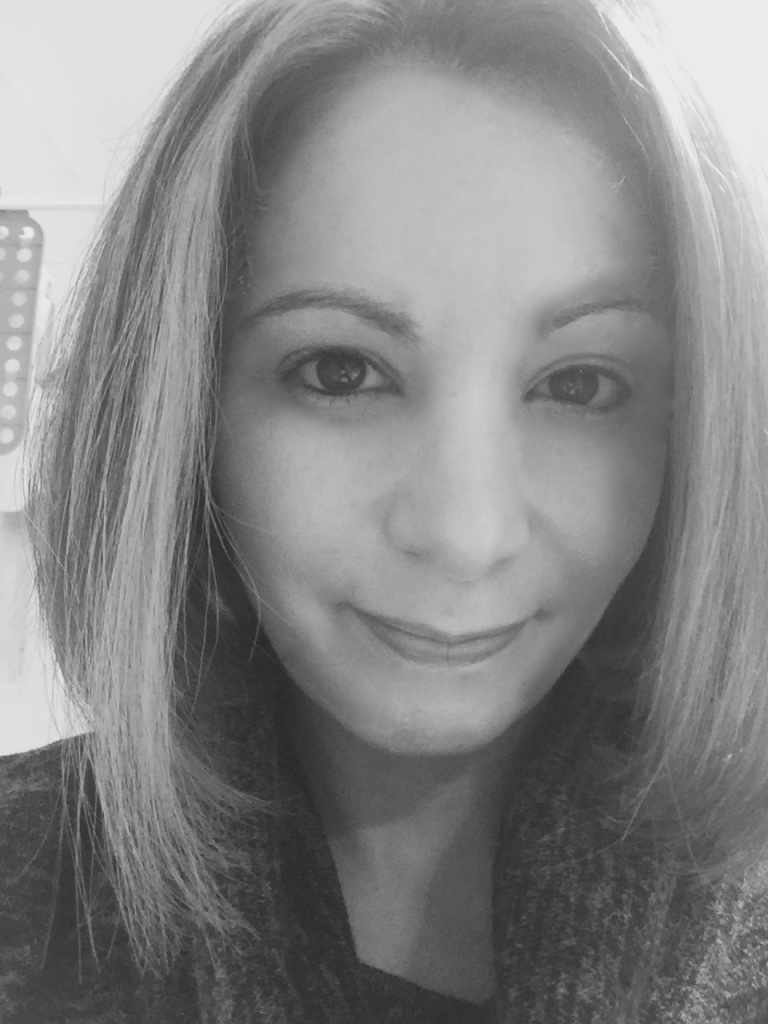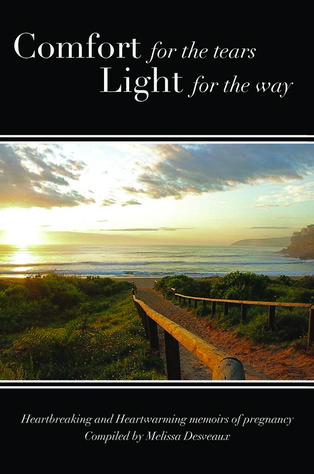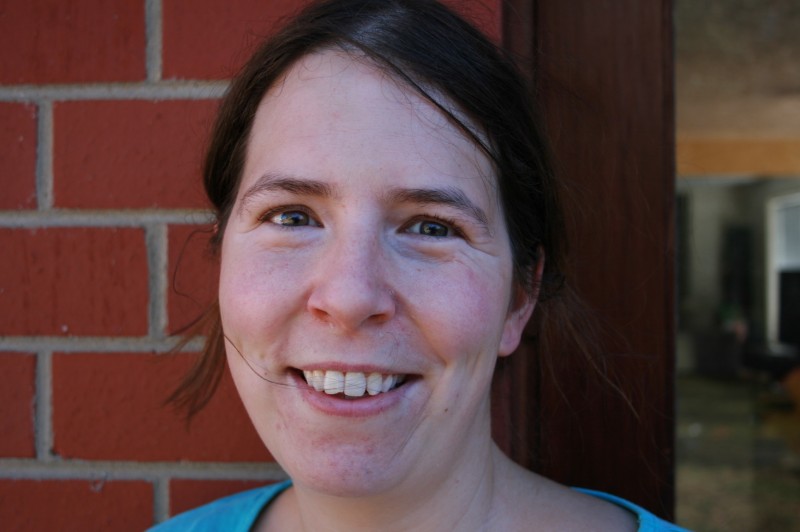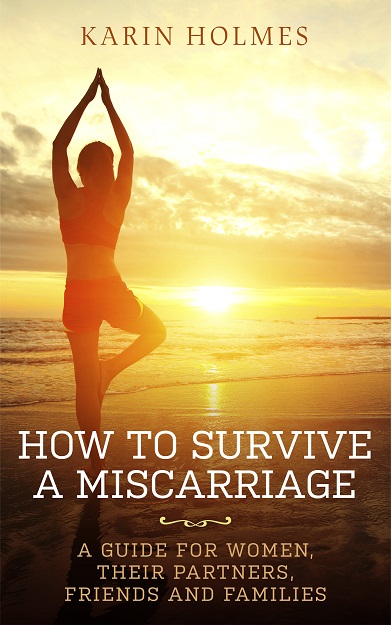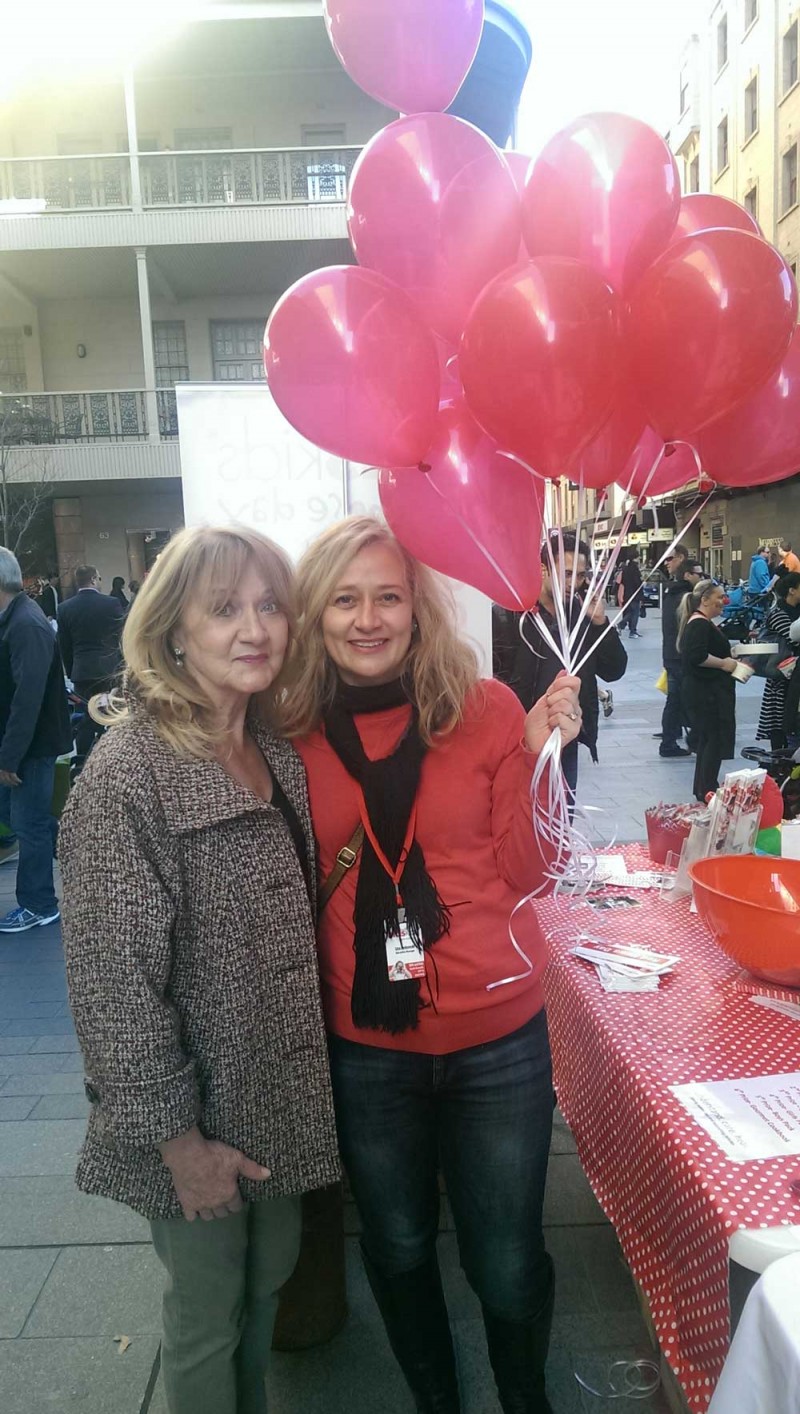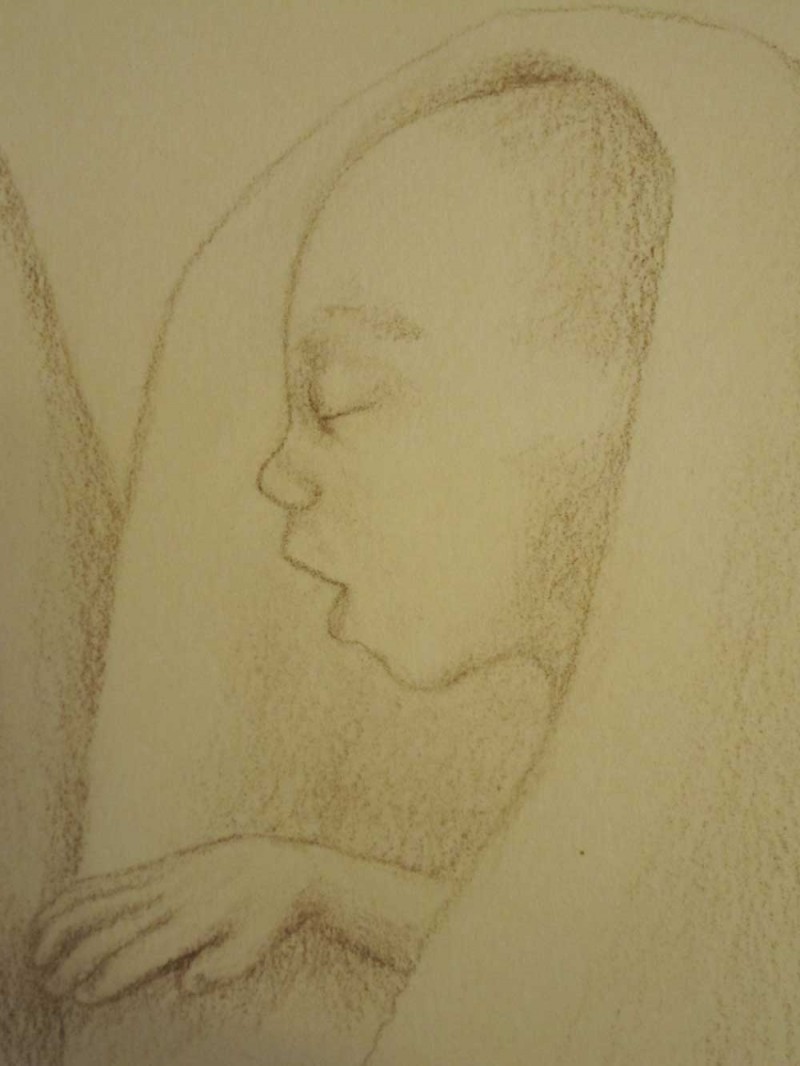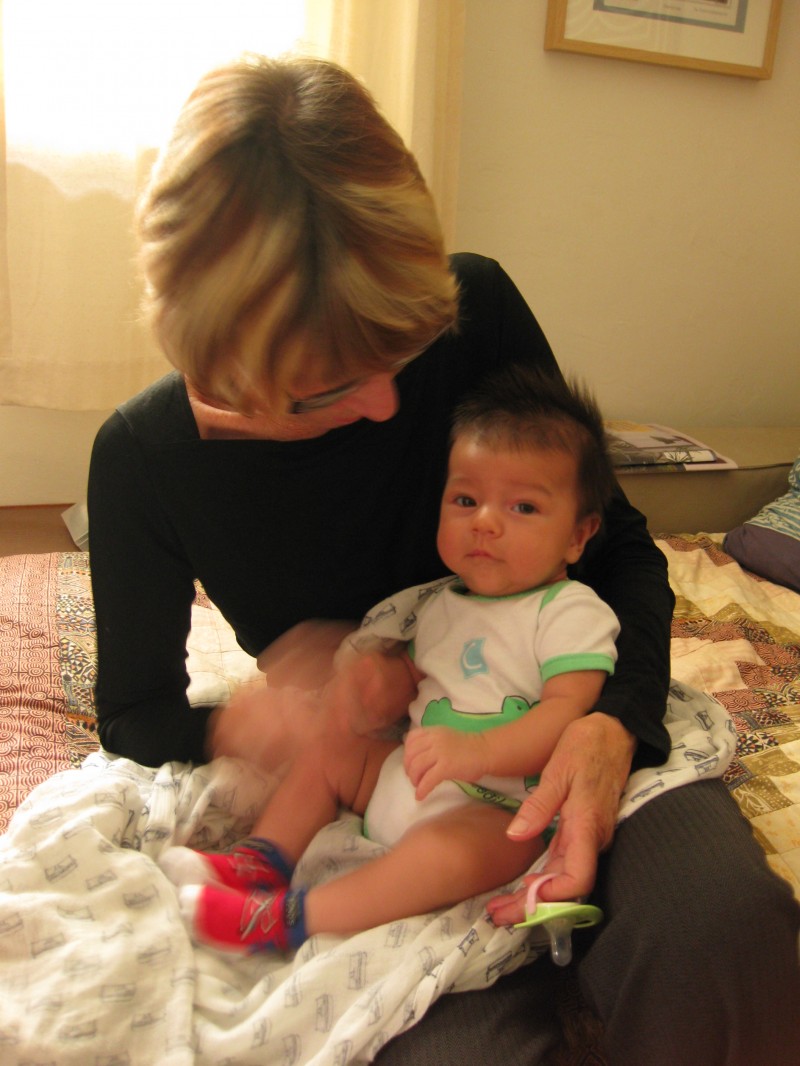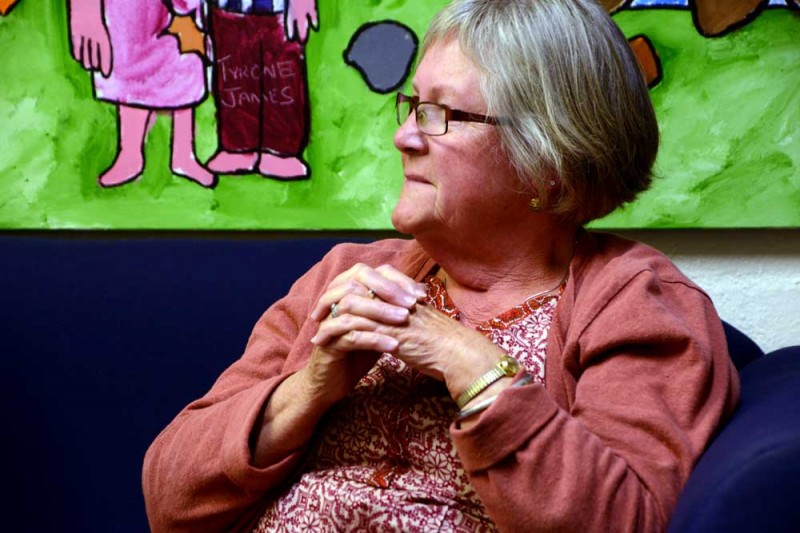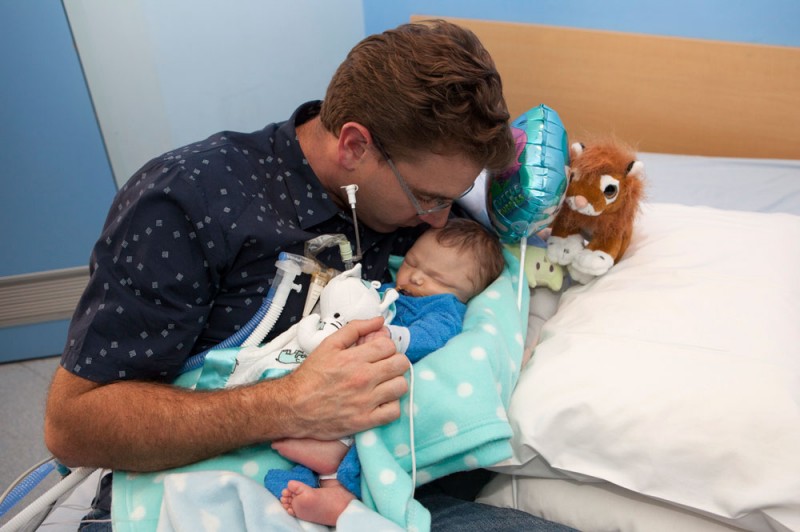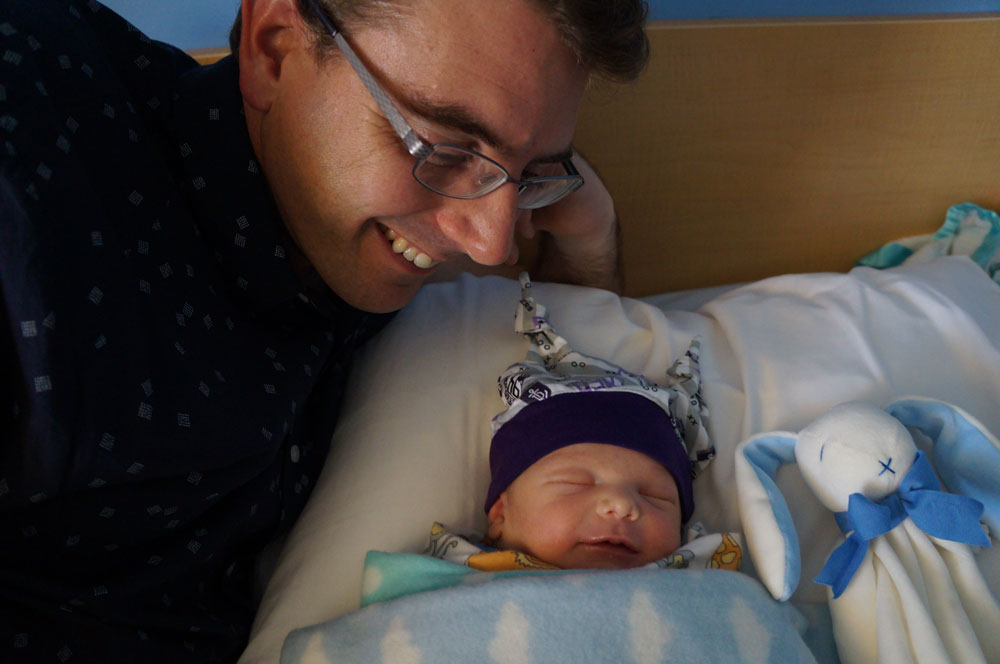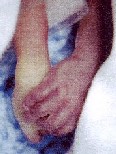Pip: I am the face of stillbirth

Pip Hanrahan’s remembers feeling incredibly calm in first pregnancy.
“We tried for about 18 months, so when we fell pregnant it was very welcome. I was 35, but it was a beautiful, perfect pregnancy. I was swimming in the sea and taking calm birthing classes. I was very trusting,” Pip said.
Pip went into labour on a Sunday night, 10 days past her due date in February 2011.
“They were going to induce me the next day. I laboured for about 15 hours on and off and was calling the hospital. They said to stay home. At 5.30am the next day, I said to my other half Michael I didn’t want to be stuck in morning traffic so we went in.
“When we got there the midwife was being passive aggressive as they’d told me not to come in. She got the doppler, was moving it back and forward, but couldn’t find a heartbeat.”
Pip remained calm.
“In my head, there was not going to be a problem. Michael was pacing back and forth though,” she said.
Another midwife was called in, then a doctor and Pip was told it might have been a faulty doppler.
“Normally we could hear the heartbeat really clearly and we’d even given the baby the nickname “Beaty”,” Pip said.
Pip eventually exclaimed, “can everyone stop and tell me what’s going on?”
“I’m so sorry there is no heartbeat,” the doctor responded.
Pip said shock surged through her as she tried to process the news.
An ultrasound confirmed the baby had died and Pip was encouraged to give birth naturally.
“I said no way but the doctor said yes you can. I requested an epidural, had a bit of a sleep and in that time my sister, mum and dad and Michael’s family were called.
“By 5.30pm it was time to push. Normally I don’t think I would have had anyone in the room but I needed my mum and sister. Mum had one leg, my sister the other as Michael was just broken. I delivered a perfect little baby boy, Patrick.”
The umbilical cord was wrapped tightly around Patrick and an autopsy was inconclusive.
“You’re so trusting of your body then this happens,” Pip said.
After Patrick’s stillbirth, Michael went straight back to work while Pip faced a day-to-day battle.
“The grief was all-consuming. Some days I’d feel ok and then it would hit me again like a tonne of bricks. I felt like I was living my life with a big heavy, grey scratchy blanket over my head. I could see, but things were dark. I was too exhausted to push it off. That lasted a couple of years,” she said.
Pip and Michael struggled to fall pregnant again and suffered a miscarriage in mid-2011. Finally, they had a daughter Millie in July 2012 followed by twin girls, Lotte and Bella in September 2014.
“Having three girls was hard too, I don’t think many understood. Everyone just assumes you’ve got your babies now, like they were meant to replace Patrick,” she said.
Pip now realises, happiness and sadness can sit side by side.
A few years ago Pip trained to become a parent support group facilitator.
“My heart needed to help people. I knew it from the moment I held my son for the first time. I feel as though being part of Red nose and Sands was all meant to be, to honour Patrick and help families like mine,” Pip said. “It’s something I feel honoured to be able to do.”
Pip said she missed her innocence. She said she was passionate about ending the stigma around stillbirth and that her daughters helped celebrate Patrick each year by throwing frangipanis out to sea and making a birthday cake.
Pip sees the support that Red Nose offers families as incredibly important and unique.
“Donating to Red Nose Day, really makes a difference to so many peoples lives. The trauma and grief thousands of people experience annually is not to be underestimated. Red Nose support is so needed in our community.”
Pip recently spoke on the Deb Sarah Podcast about Overcoming Grief, Setting Boundaries and Giving Back with Red Nose Listen here.


